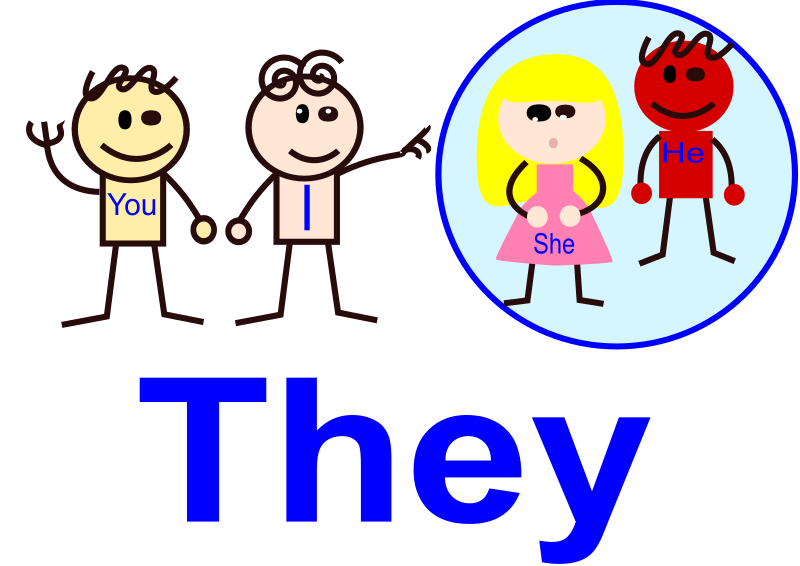How they Won
“他們”一詞是如何勝出的?
It is a well-known truth among linguists that the grammatical “mistakes” of one era
在語言學家中間,有一個眾所周知的事實:在一個時代被認為是語法“錯誤”的用法
often have a way of being proved perfectly correct by the next.
到了下一個時代常常會被證明是完全正確的用法。
In a new book, linguistics scholar Dennis Baron argues that
專攻語言學的學者丹尼斯·巴倫就在他的新作中指出,
the tide has turned for the most controversial pronoun around: the singular they.
最具爭議的代詞——單數形式的“他/她/它們”已經時來運轉了。
For centuries, pundits have observed that English is missing a gender- neutral, third-person pronoun
幾百年來,專家們注意到,英語中缺少一個在不知道性別
that could be used in place of he or she when gender is unknown or irrelevant.
或不涉及性別的情況下指代第三人稱的他或她時使用的無關性別的三人稱代詞。
People have tried to fill this gap with many words that didn’t fit,
人們嘗試過很多次用其他詞來填補這一空白,

like generic he, which isn’t actually generic,
比如表泛指的“他”,事實上也算不上泛指,
and hundreds of made-up pronouns like thon (a combination of that and one) that never took off.
還有一個又一個新造的代詞,比如從未流行起來的“那一個”(“那個”和“一個”的組合),結果均為奏效。
The answer, Baron explains in What’s Your Pronoun?: Beyond He & She, has always been the singular they.
巴倫在(新作)《他她之外,你用什么代詞?》一書中指出,答案一直都在那里,它就是單數形式的“他們”。
Though grammarians may insist that it be used only as a plural,
盡管語法學家可能會堅持認為,“他們”只能作復數代詞使用,
the masses regularly use it in a singular way, as in “Did they leave a message?”
但民眾經常都在將其用作單數,如“他們留什么話了沒有?”
In recent years, it’s gained ground, thanks to the LGBTQ community,
近年來,因為LGBTQ群體的推動,這一用法已經普及開來,
which has embraced it as a way to refer to non binary people who identify as neither men nor women.
該群體將其用作了指代認為自己非男亦非女的非二元性別人群的一種方式。
And that helped inspire influential authorities like copy editors to put down their red pens.
他們的這一做法鼓舞了文案編輯等有一定影響力的權威機構,使他們放下自己手中的紅筆。
譯文由可可原創,僅供學習交流使用,未經許可請勿轉載。











